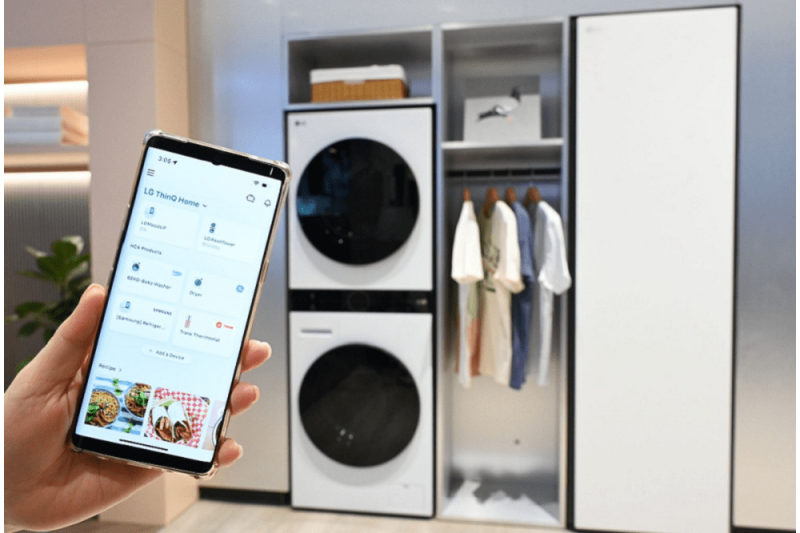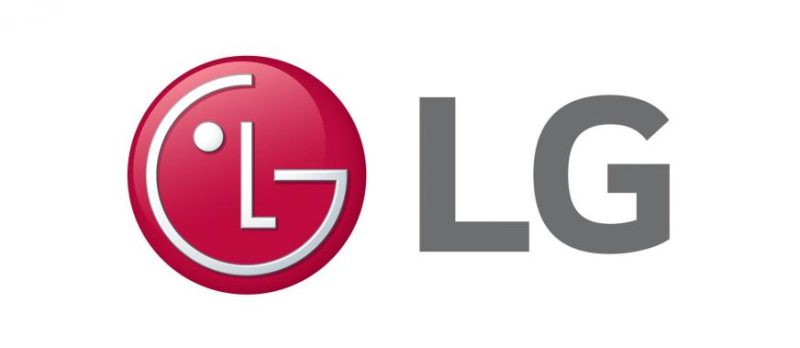DUBAI, United Arab Emirates — As the world becomes increasingly focused on sustainability and environmental responsibility, people are placing higher value on environmentally friendly solutions when it comes to their daily routines. To support people in their efforts to make greener choices and lead a more sustainable lifestyle, LG presents the opportunity to transform their households with its ThinQ smart home ecosystem that not only elevates comfort and convenience, but also reduces the environmental impact of home appliances.

LG ThinQ ecosystem includes a line of AI-enabled products, services, and a custom-built app, which are designed to improve daily life while minimizing energy and water consumption. For instance, LG’s ThinQ-enabled washing machines automatically detect the weight and softness of the fabric and select the optimal washing pattern that will ensure clean clothes while conserving water and reducing the amount of energy needed for the cycle. LG ThinQ app can optimize power consumption of home appliances by analysing and learning usage patterns: for example, if the user opens the refrigerator less frequently at night, its energy consumption will be adjusted to the lowest level during night hours. With LG ThinQ app, users can also minimize their electricity consumption by remotely monitoring and managing home appliances, turning them off when not in use. Moreover, LG ThinQ app can help users tackle the food waste problem, sending them expiration date notifications when food stored in their refrigerator is getting close to expiring.

LG is committed to minimizing the environmental impact of its products throughout their entire lifecycle, using eco-fri
endly materials, streamlining manufacturing processes and turning discarded materials into ‘new’ resources. As part of its Better Life Plan 2030, LG plans to become carbon neutral by reducing emissions generated from its production processes by 2030. It also aims to source 60% of its energy from renewable technologies by 2030. LG also projects that, from 2021 to 2030, it will have used an accumulated total of 600,000 tons of recycled plastics in the production of new home appliances, recycling 95% of waste generated at its production sites.





















